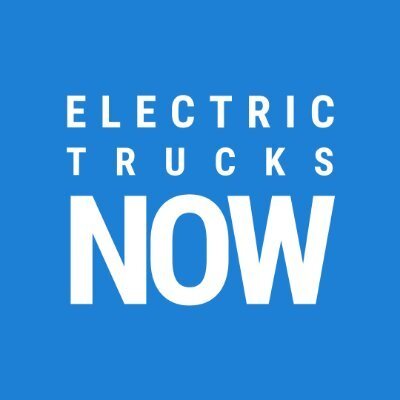Families in diesel death zones demand electric trucks, launch public awareness campaign to tackle systemic pollution injustice
CARB to vote this Thursday on the nation’s first electric truck manufacturing standard
SAN BERNARDINO, Calif. - Californians living in “diesel death zones” - communities that are exposed to pollution from hundreds of trucks driving through their neighborhoods every hour - launched a public awareness campaign calling for the electrification of diesel trucks in the state. The California Air Resources Board (CARB) will vote on the nation’s first electric truck manufacturing standard, the Advanced Clean Truck standard, this Thursday.
“We can’t wait 10 years from now to clean our air,” said Karla Briceño, one of several San Bernardino residents featured in the advertisements running in the Sacramento Bee, Politico and other outlets this week. “The push for electric trucks needs to happen now.”
Warehouses and freight thoroughfares near the Burlington Northern Santa Fe area in San Bernardino expose community members to high rates of deadly, heavy-duty diesel pollution. Physicians have labeled these areas “diesel death zones” because asthma rates and cancer risks are so drastically elevated. Initial research suggests that diesel pollution makes these populations more vulnerable to lung diseases, including COVID-19.
“In some neighborhoods as many as a 1,000 trucks an hour will pass through, forcing families to breathe this pollution day-in and day-out. It’s unacceptable,” said Anthony Victoria-Midence, community organizer and communications director for the Center for Community Action and Environmental Justice (CCAEJ). “A strong electric truck standard - that puts people’s health first - is needed now more than ever.”
CCAEJ, along with a coalition of labor, health, climate and science groups, agree that CARB’s proposed electric truck standard is a step in the right direction but even the critical public health gains it could bring are at risk. Truck manufacturing lobbyists are taking advantage of the pandemic and economic downturn to delay and weaken the standard.
“The Board must seize this opportunity. The electric truck standard is a win-win for the state, benefiting the economy while cleaning the air,” said Dr. Jimmy O’Dea, senior vehicles analyst for the Union of Concerned Scientists and sponsor of the advertising campaign. “The standard is reasonable and achievable, creating long-term market certainty for California’s clean vehicle sector.”
CARB finds that the electrification of diesel trucks will save the industry an estimated $6 billion due to lower fuel and maintenance costs between 2020 and 2040 compared to business as usual and save the state $9 billion in health costs. A recent report finds these estimates to be conservative and values the savings to be roughly $1 billion higher.
“This is a movement and we won’t rest until diesel death zones are totally eradicated,” said Victoria-Midence. "Electrification needs to be prioritized in black and brown communities that need it most. Regulators must now take this push for zero emissions and focus on electrifying ships at the ports. There is still a lot of work to do, so we will continue to demand 100% electric trucks and ships to achieve health, economic and racial justice for our communities."
MEDIA CONTACT: Christina Heartquist, 408-661-2666, christina@sunstonestrategies.org
